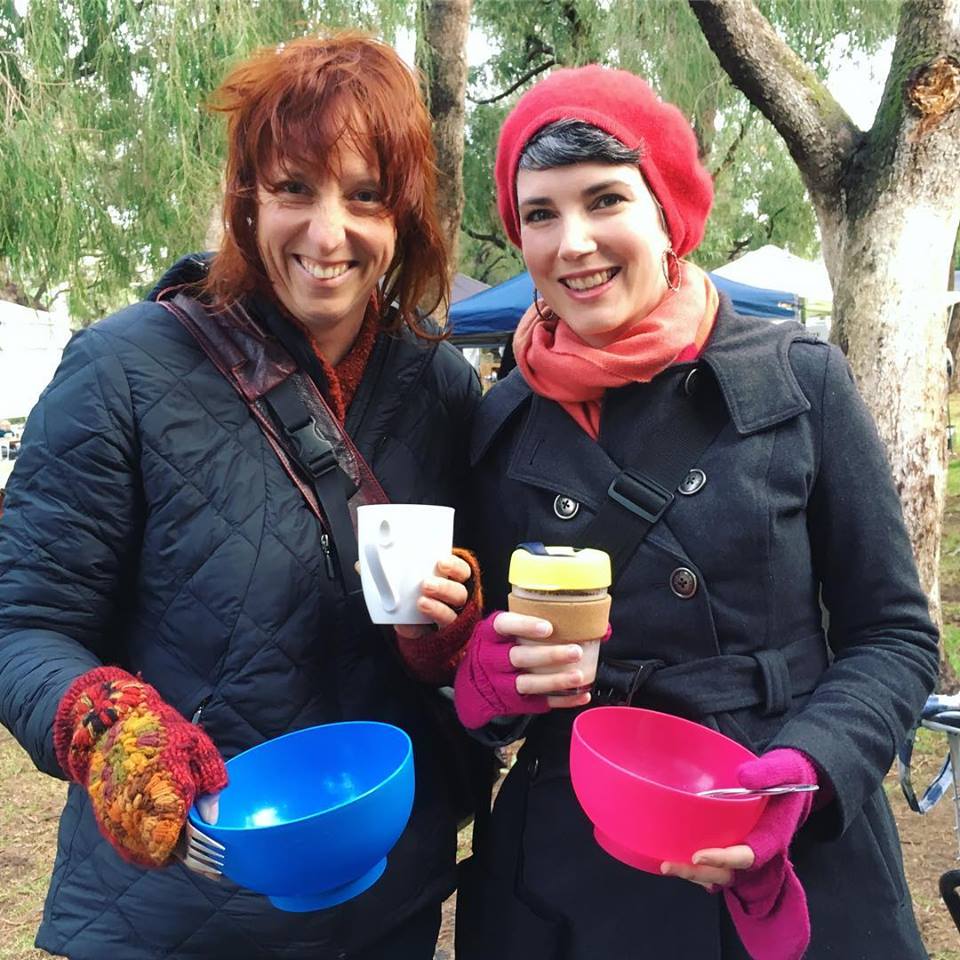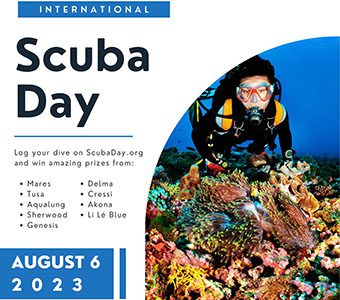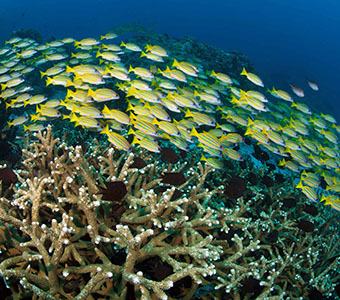Plastic Free July is a global movement that aims to raise awareness of our wasteful use of single-use plastic items – straws, coffee cups and bottled water, to name a few. In fact, around 40% of plastics consumed are single-use.
Today, millions of people around the world are taking their own steps by choosing to refuse single-use plastic. Last year, participants avoided 2.6 million tonnes of waste! It doesn’t matter what choice you make, switching to reusable cups, avoiding plastic packaging, or sharing the video and inviting family and friends to take part; together our small steps make a big difference.
What’s your step?
By sharing your step online and tagging @plasticfreejuly #
Going (single-use) plastic-free for a month is a really good exercise to both:
- Gain a better understanding of JUST HOW MUCH we use.
- Think creatively about how we can replace them with eco-friendly alternatives.
- Download this handy Plastic Free July Challenge Infographic and choose your challenges!
- Scroll down for more tips and hints on how to replace the 10 worst offenders!
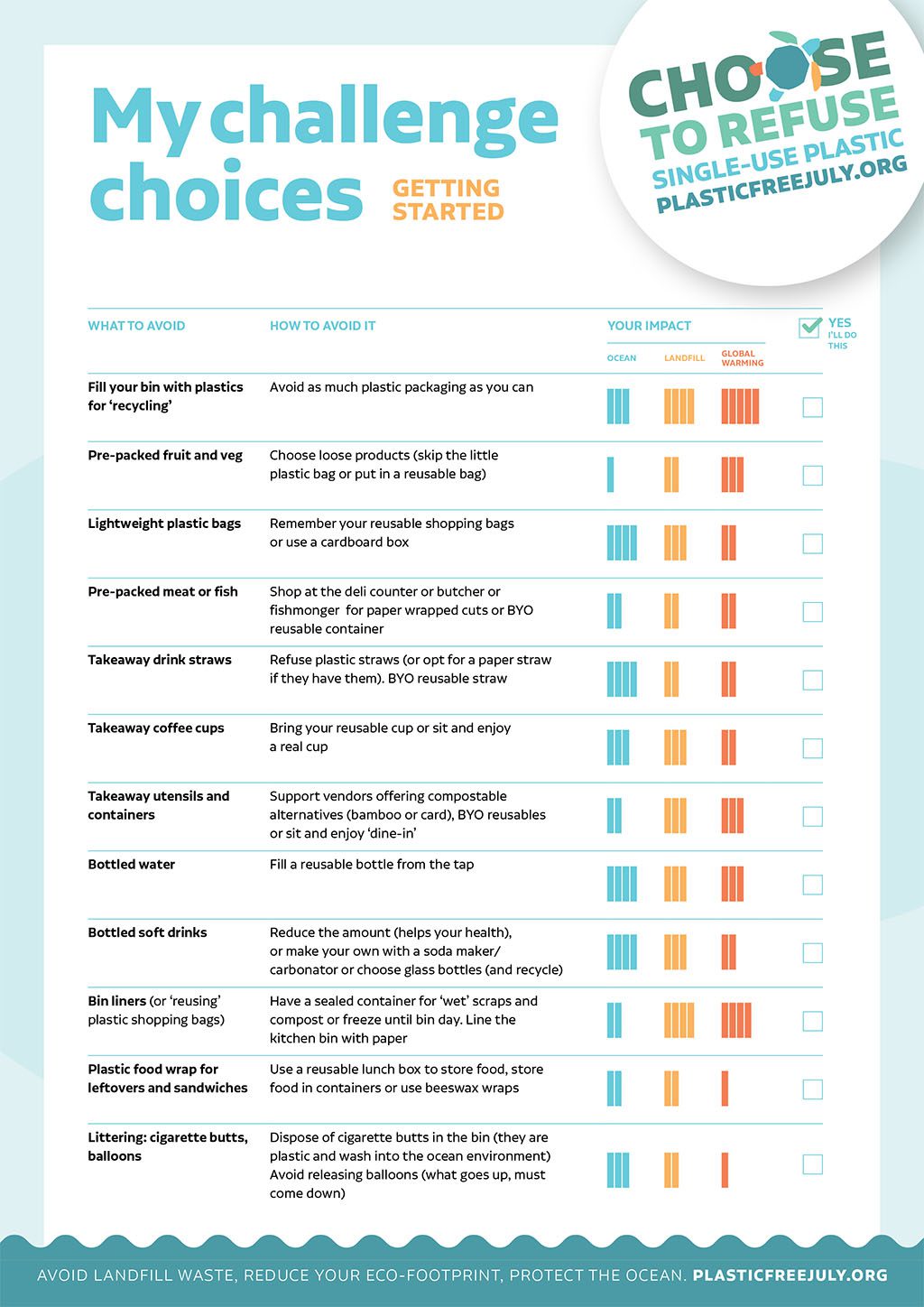
10 Worst Single-Use Plastic and how to replace them…
Here are some tips – the 10 worst single-use plastics and some eco-friendly alternatives that you can swap them for:
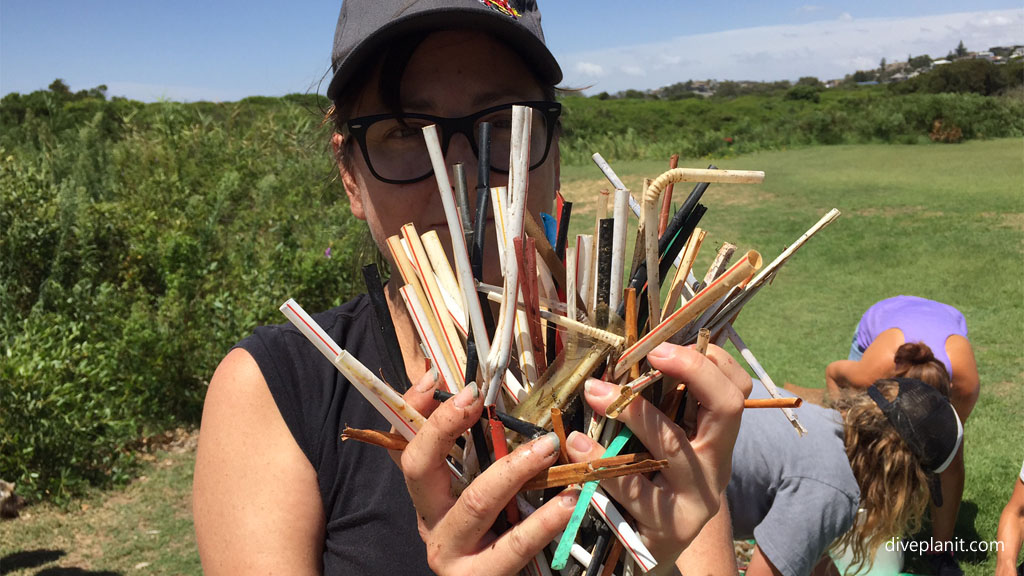
1. Plastic Straws
In Australia, 2.47 billion plastic straws end up in landfill. They’re lightweight, so once they’re dropped or discarded, plastic straws easily blow into waterways and enter our oceans. Once in our oceans, they’re extremely dangerous for our marine wildlife.
Plastic-free alternatives: Stainless steel straws, bamboo straws, pasta straws and rice straws. For those that like the flexibility of plastic straws, there are other eco-friendly alternatives including paper straws, reusable silicone straws and compostable plant-based straws. Or best of all – and when possible, choose to go straw-free!
2. Plastic Drink Stirrers
Cocktail stirrers are a fun accessory for drinks, but most are made from plastic and only used once before they’re thrown away. They end up in the trash, on our beaches and in our oceans.
Plastic-free alternatives: Reusable glass or bamboo stirrers, or spoons. Or try a stick of celery, carrot or cucumber.
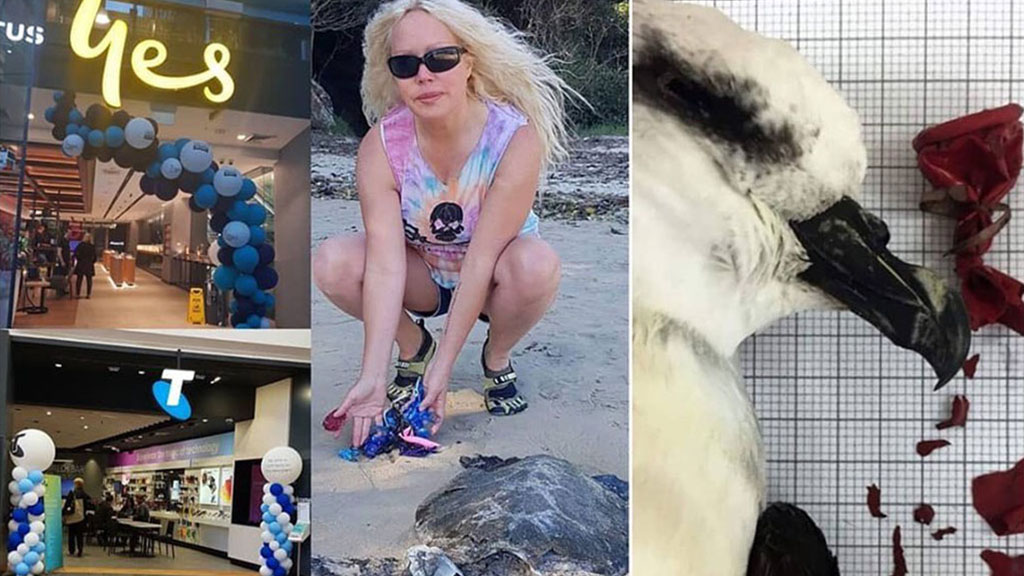
3. Balloons
What goes up must eventually come down. While balloons are a nice decorative item for celebrations, they’re one of the highest-risk plastic debris items for seabirds. Not only are the balloons themselves deadly, but so are the plastic sticks that often come with them.
Plastic-free alternatives: Plan a planet-friendly party and skip the balloons. Opt for more eco-friendly decoration options like paper lanterns, recycled bunting, DIY bubble blowers and flowers.

4. Plastic Cotton Buds
Did you know that 1.5 billion cotton buds are produced every day, with the average person disposing of 415 a year? Sadly, many of these cotton buds end up in our oceans. Once the cotton tips dissolve, all that’s left is essentially a small, rigid plastic stick which is easily ingested by birds, fish and other marine wildlife.
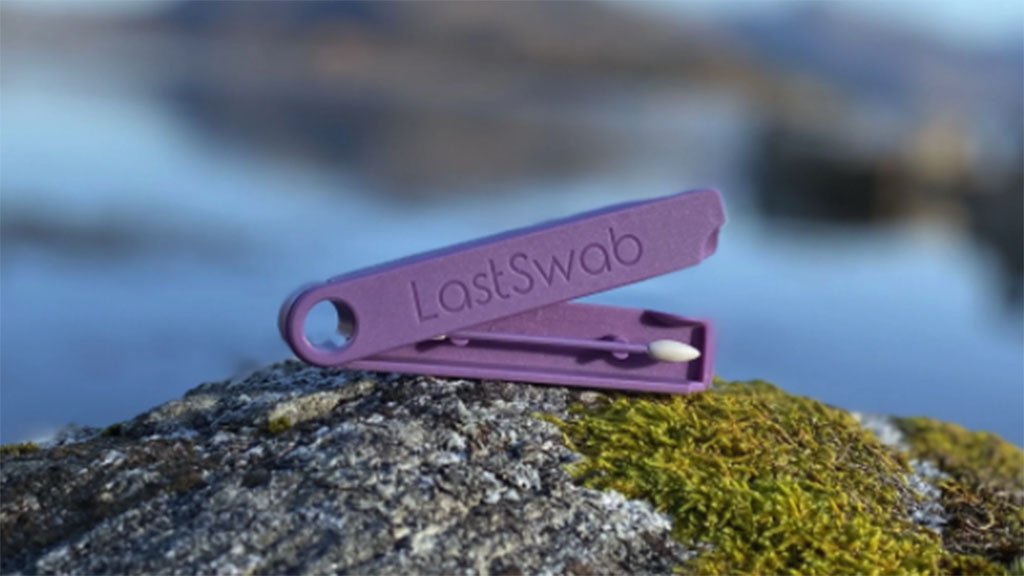
Plastic-free alternatives: Fluid ear washes, bamboo cotton buds, organic cotton makeup pads or a reusable silicon swab like LastSwab. It comes in two designs – one for swabbing your ears and one for makeup. (And like my granny used to say – “Stick nothing in your ears smaller than your elbow!”)
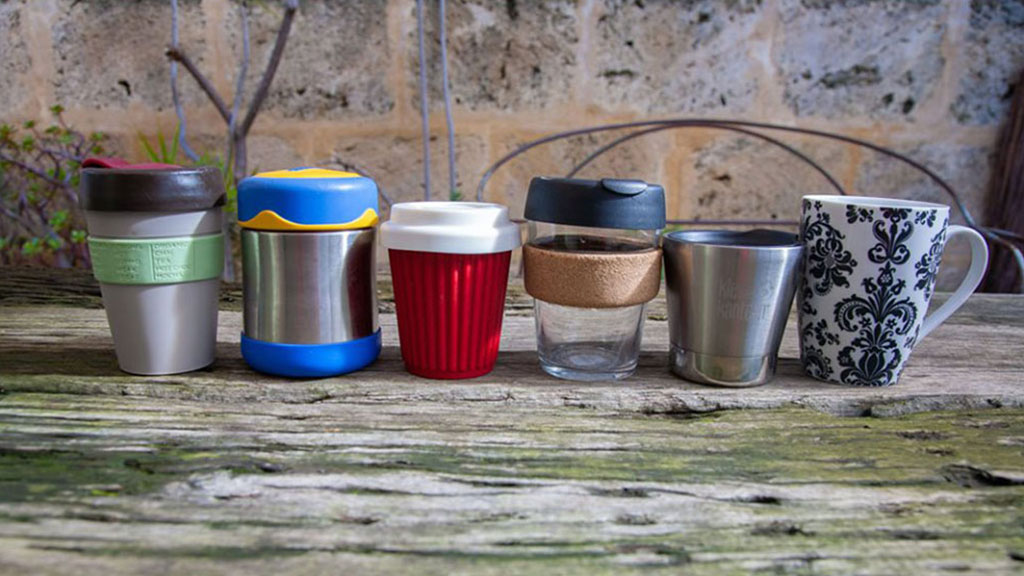
5 & 6. Coffee Cups & Lids
Australians love coffee. If we lined up all the takeaway coffee cups we use in Australia each year, it would stretch around our Earth twice. Around 2.6 billion coffee cups end up in landfill each year.
It’s important to note that most takeaway coffee cups can’t be recycled as they’re made with a plastic lining. The good news is that there are plenty of cafes that now offer discounts on your morning brew if you bring in your own reusable cup.
Plastic-free alternatives: Reusable glass Keep Cups, porcelain mugs or have your coffee dining in.
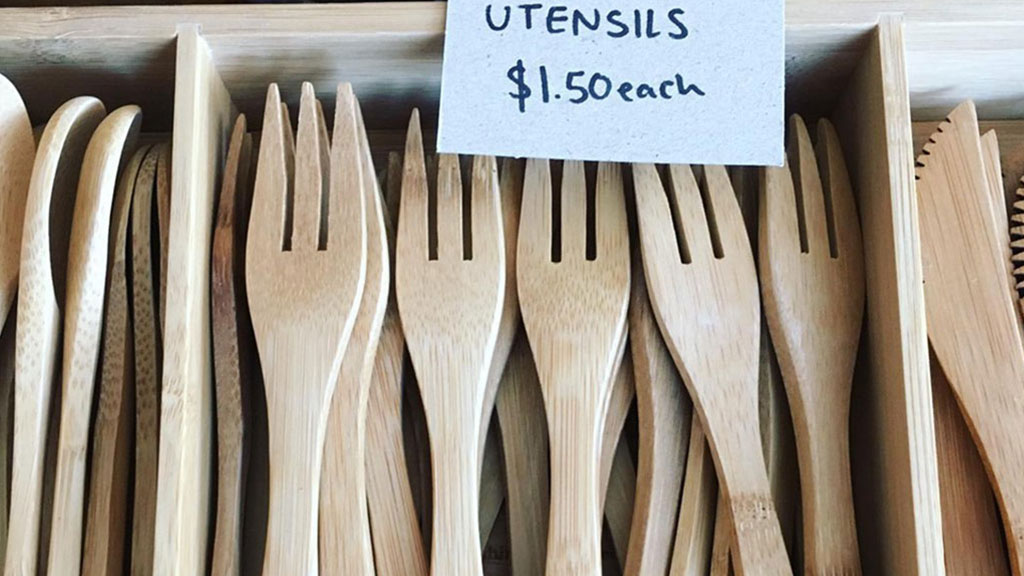
7. Plastic Cutlery
Eating out and getting takeaway often comes with more than just food. Plastic cutlery and plastic bags are often included in the mix.
In Australia, plastic cutlery isn’t easily recycled. Recycling machines often can’t sort them due to their shape, so many end up in landfill and take centuries to degrade.
Eco-friendly alternatives: Next time you order takeaway, make a special request to say no to the additional plastic. Switch to reusable bamboo utensils, a travel cutlery set that you can take with you wherever you go or bring your own from home. Chopsticks are also a great alternative to have in your bag if you’re planning on getting takeaway.
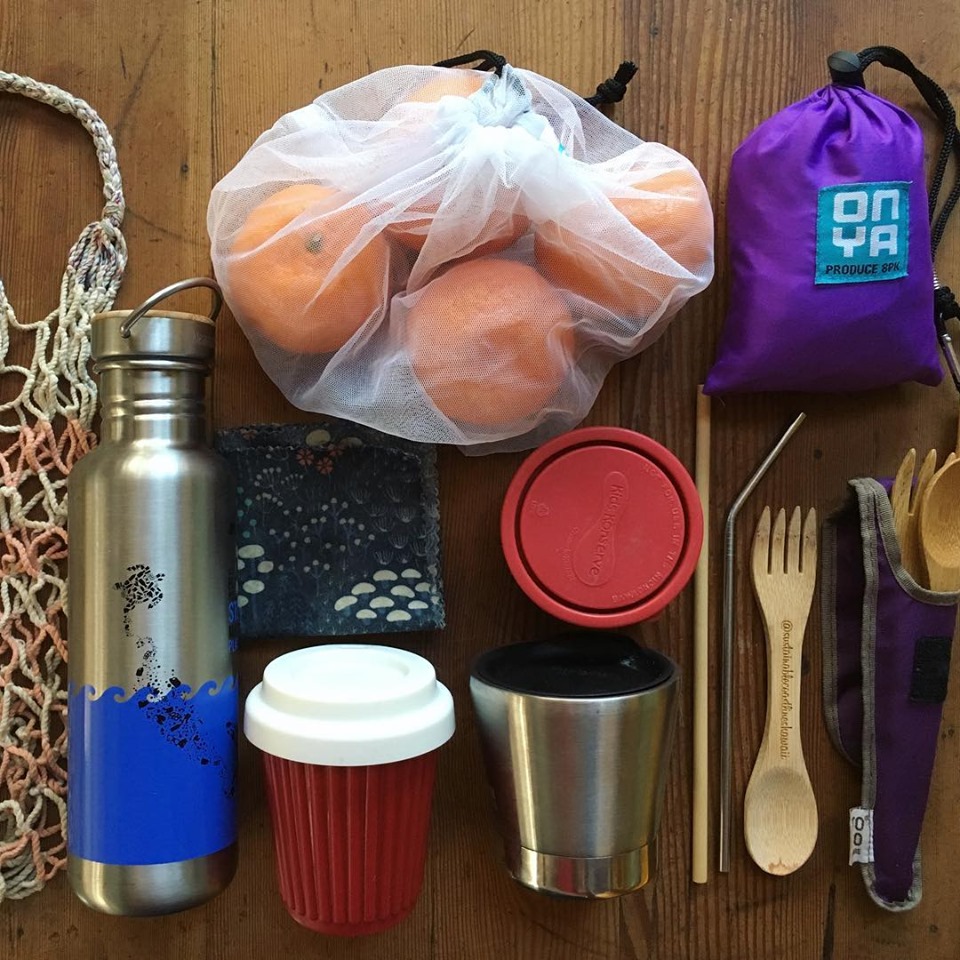
8. Plastic Cups
500 billion disposable cups are consumed every year. That’s enough to go around the Earth 1,360 times. While lightweight and convenient, foam cups (made from polystyrene) can’t be collected by most council kerbside recycling services and often end up in landfill.
Plastic-free alternatives: Bring your own reusable cup or a mason jar if you’re planning a trip to your favourite juice or smoothie shop. You can also help encourage your favourite cafes and food retailers to switch to eco-friendly and compostable alternatives.
9. Plastic Containers
Globally, over 78 million metric tonnes of plastic packaging is produced every year and it is projected that plastic production will increase by 40% by 2030. The packaging industry is the largest converter of virgin plastics, and many of these are only used once for food packaging, shopping bags and beverage bottles.
Plastic-free alternatives: Avoid pre-packaged meals. Most food outlets will happily put the food directly into your own reusable container if you ask. Some options for containers include glass containers, stainless steel lunch boxes and mason jars. You can also shop at bulk food stores and bring your own containers to fill. If you’re eating out, why not ask your favourite outlets to switch to compostable and eco-friendly alternatives?
10. Plastic Plates
Plastic plates might be cheap and handy when hosting parties or at picnics or food courts, but once they’re thrown away, they inevitably end up in landfill. Most recycling centres are unable to sort these plates due to their shape.
Plastic-free alternatives: Regular porcelain plates. Alternatively, palm leaf or bamboo pulp plates.
